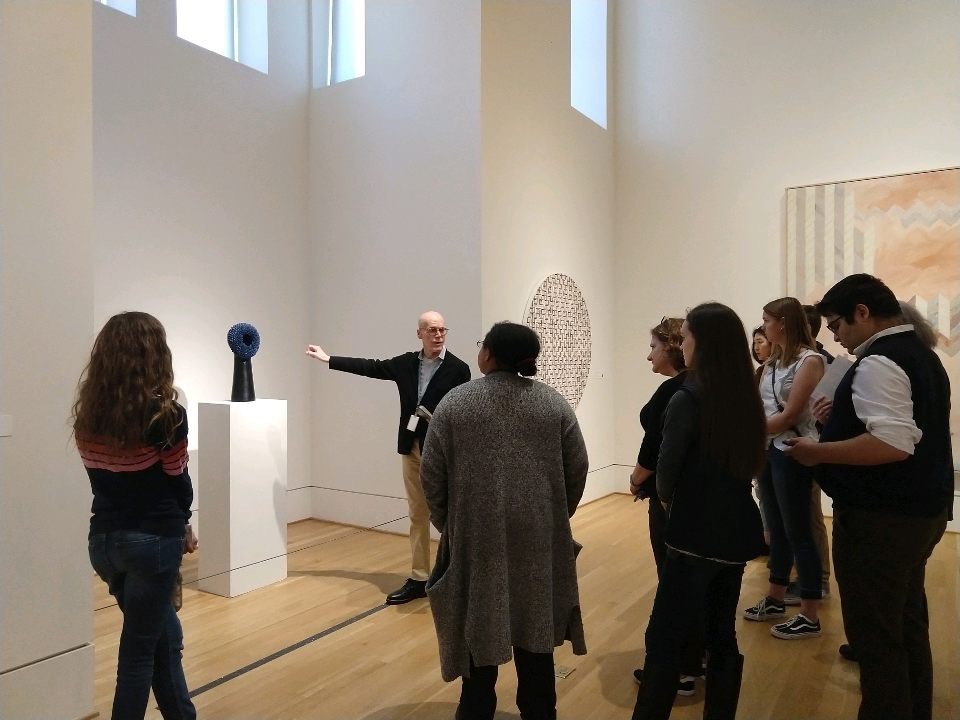The Yellin article takes the form of a brief analysis of Toomer’s story “Fern,” and a greater analysis of Toomer himself. Yellin focuses on the self-loathing relationship that seems central to Toomer’s grappling with his own identity, and how this intersects with the Jewish-American experience found in Waldo Frank’s Our America. In “Fern” Toomer frames Fern, the title character, as an African American woman, and as Jewish through her last name, Rosen. Toomer does this because both groups share a history of slavery and suffering, which Toomer alludes to by mentioning a “common river delta.” However, the two authors differ on the value of suffering. Yellin explains that Frank views suffering as positive and something redemptive. Toomer instead frames suffering as a necessary price for forming one’s identity. Yellin finally manages to communicate his greatest point, that to Toomer, “Fern” was simply too personal for him to even discuss it. Fern, the character, seems to embody the confident, and knowledgeable portion of Toomer’s identity, trying to reconcile with his mixed heritage. Yellin supports his point by citing the editing of the book, where Toomer flat-out refuses to discuss “Fern”, showing it was simply too personal for Toomer to even discuss.
Yellin, Michael. 2009. “Visions of Their America: Waldo Frank’s Jewish-Modernist Influence on Jean Toomer’s ‘Fern.’” African American Review 43 (2/3): 427–42.
